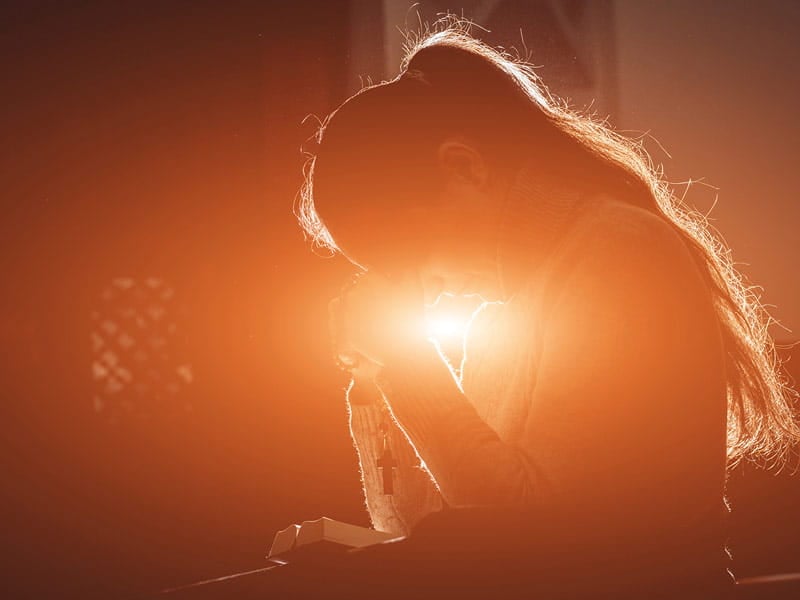| Call Waiting: Five stories of women who want to be priests Plus: The Little Flower That Couldn't Read about St. Therese of Lisieux's desire to become a priest. Plus: The Little Flower That Couldn't Read about St. Therese of Lisieux's desire to become a priest. |
The Catholic Church's loss may be other churches' gain when women like Maureen Dallison Kemeza seek ordination in other denominations. But as an Episcopal priest, Kemeza believes she's as Catholic as ever.
"I don't feel I've left Catholicism in the larger sense. I've taken it with me," says Kemeza, rector of St. Paul Parish in Newton, Massachusetts. "I have a deep and abiding love for the Roman Catholic Church. In fact, it's a freer love now because I'm no longer subjecting myself to what I think is the church's oppression of women."
She sees the Anglican Church as having an unbroken liturgical and theological tradition. In fact, she remembers quite vividly the words from the liturgy when she was received into the Episcopal Church: "I recognize you as a member of Christ's holy catholic church."
But it wasn't theology that convinced Kemeza to leave the church of her childhood--and the tradition she had been teaching her own two sons. In the end, it was more of a gut feeling that told her she had found her true home in the Episcopal Church.
She guesses it began with her father's Episcopalianism, although he converted to marry Kemeza's Irish Catholic mother. "So for me there was always a sense of a birthright, not only with Roman Catholicism but elsewhere," she recalls.
In the early 1970s, she decided to pursue graduate studies at a seminary. Although she was not yet considering ordination, she nonetheless chose an Episcopal school. "Intuitively I just felt more at home there," she says. "They already accepted women and had married people there, and I was both."
With other women around her preparing for ordination, the priesthood became a real possibility. "I realized this passion for God and all things religious that I had had my entire life might have a concrete vocational call that I could follow," Kemeza says.
Over the next decade, she worked on a doctorate in theological ethics, raised her family, and cared for her father as he died from Alzheimer's. And she became increasingly angry about the "cold, hard" stance of the Catholic Church.
Kemeza remembers several last straws. The bishop of her diocese released a directive prohibiting women from lectoring when a man was available. Soon after, her son received a letter inviting him to become an acolyte. "Here a 9-year-old was being called to liturgical ministry, but I had an M.Div. and two-thirds of a Ph.D. and I couldn't lector," she says.
While working as a youth minister at a relatively progressive parish, she heard horror stories about other women in ministry being excluded from archdiocesan meetings.
"Finally I got to a point where I said I can't allow these good men--my priestly colleagues--to be in a situation of oppressor to me," she says. "It was making me bitter, and I knew God didn't call me to be bitter."
In 1992, Kemeza was ordained by Barbara Harris, the first woman bishop in the Episcopal Church. "I felt like I had found my heart's home in the Episcopal Church, where issues of male and female were not governing everything," she says.
But her decision was not propelled by anger. "Anger means there's still a real attachment," she says. "By the time I made my change, it wasn't in anger. It was just further integration of what my life was supposed to be."

